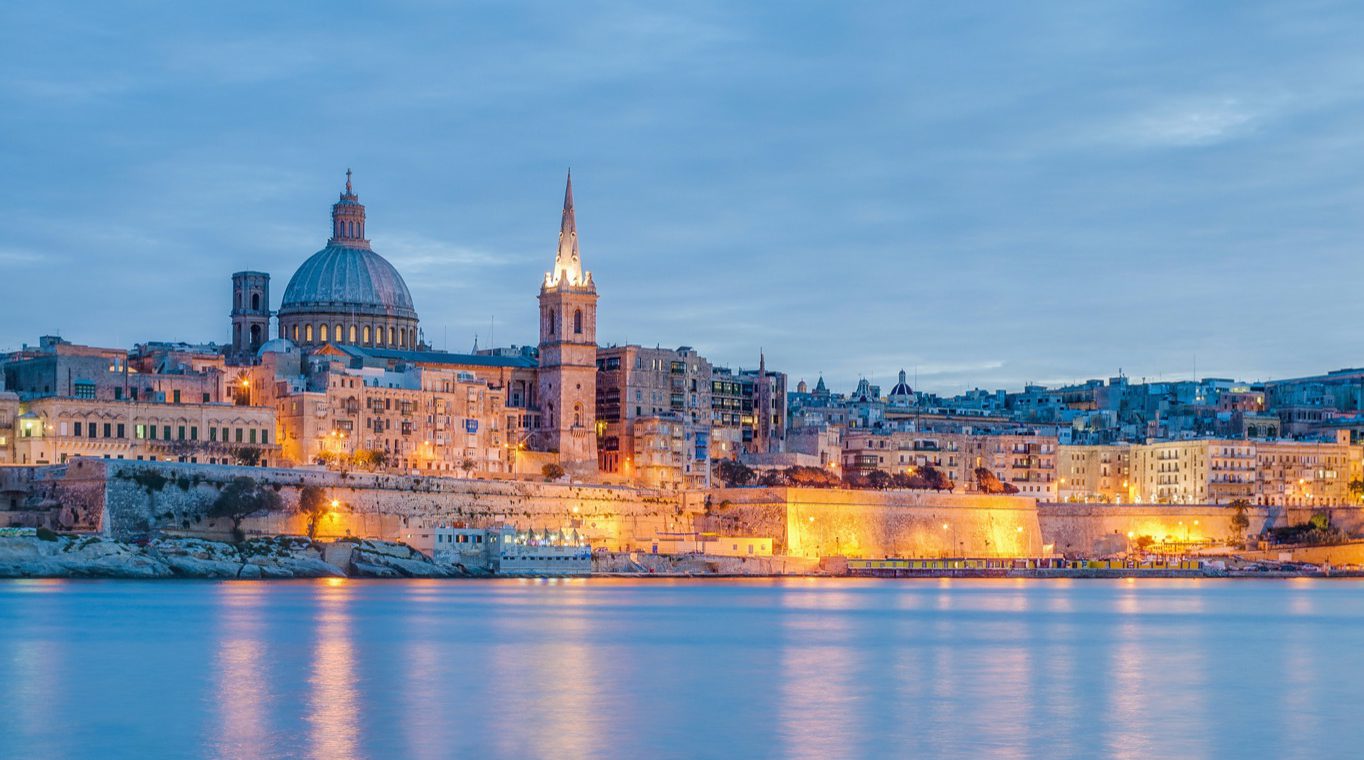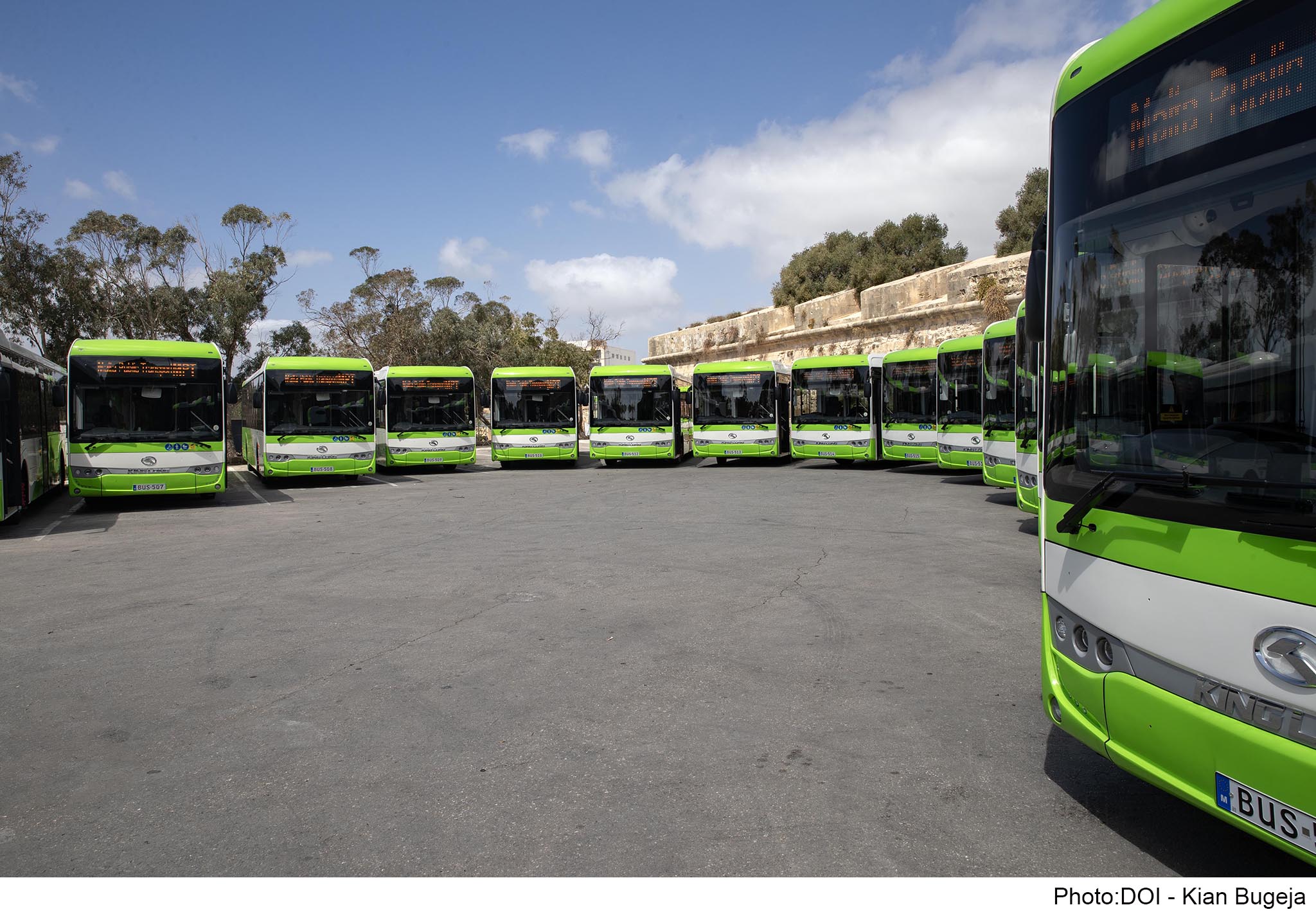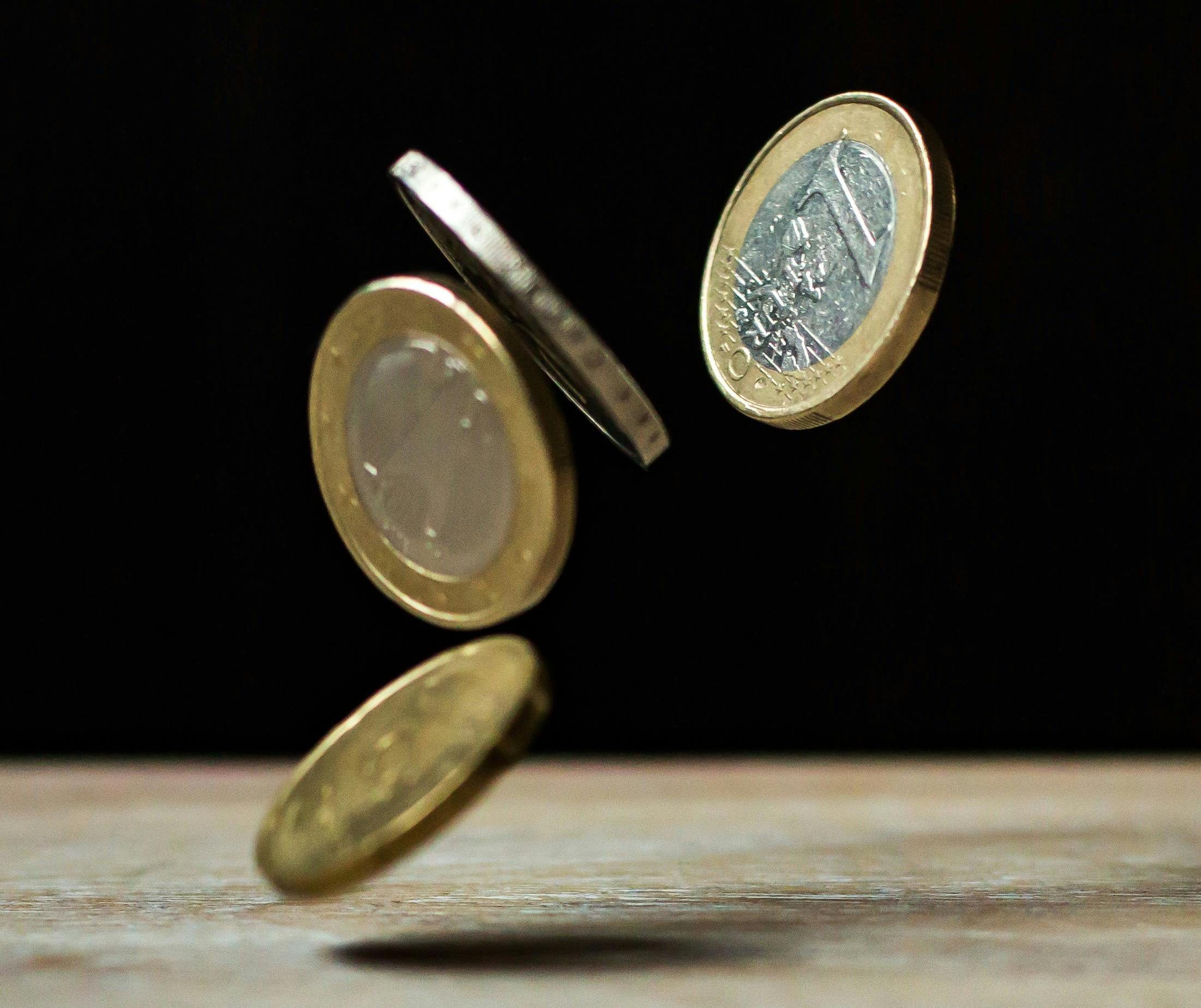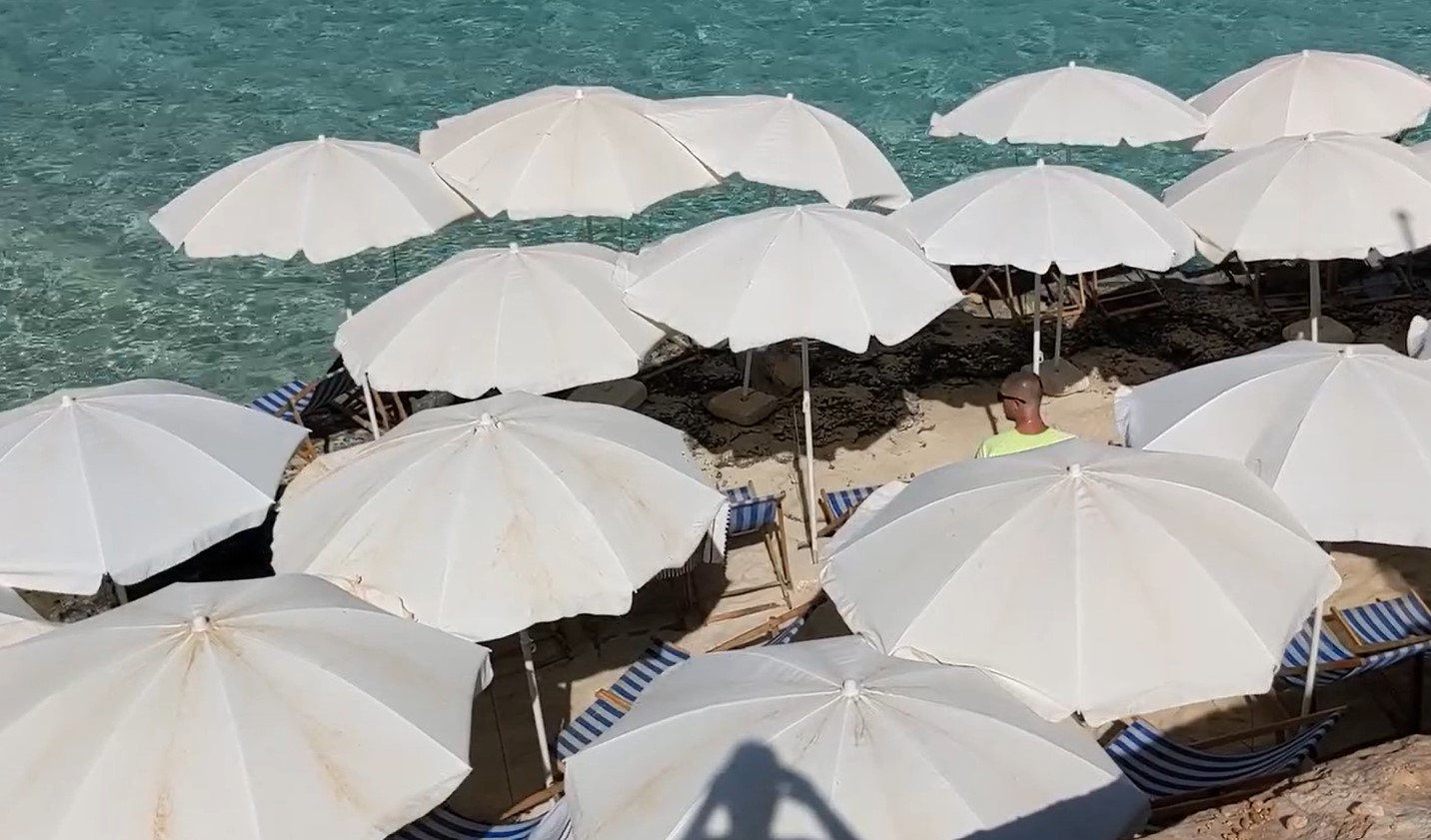With Prime Minister Robert Abela’s announcement that a general election will be held on 26th March, he fired the pistol on a 33-day race which will undoubtedly focus on a wide array of issues.
The two major Maltese political parties, the Labour Party (PL) and the Nationalist Party (PN), have already dropped bombshells in the first day of campaigning, with the PL promising to give new homeowners €1,000 a year for the first 10 years after the purchase, and the PN pledging €1 billion towards the development of new economic niches.
However, there are plenty of issues that need to be addressed with Malta’s economy as it stands. These are points of pain that are hobbling Malta’s economic motor, preventing it from running smoothly and potentially deterring new investment.
Energy
Local efforts to reduce Malta’s dependence on polluting fossil fuels and ensure a more stable supply of energy began with the project to connect the country to the European energy grid via an underwater interconnector to Sicily, and the Electrogas power station, despite being plagued by scandal, has also served to shift reliance from heavy fuel oil to cleaner gas.
However, Malta has nonetheless been subject to regular power cuts, especially during times of peak demand.
Tony Zahra, president of the Malta Hotels and Restaurants Association, emphasised that it is the distribution of energy, not the source, that is the problem. “Enemalta should not keep on using energy cables that have been around for the past 50 years,” he said. “It is necessary for Enemalta to start investing in the grid in order to improve the supply of electricity to businesses.”
This issue is evidently seen as a key pressure point by Government, with Energy Minister Miriam Dalli announcing a €90 million investment in the local energy distribution system just one day before the election was announced.
Infrastructure
The investment in Malta’s roads over recent years is undeniable, if far from uncontentious. The opening of the Marsa flyovers, a key infrastructural investment to ease the flow of traffic between Malta’s north and south, will be a feather in the PL’s cap. However, traffic remains the subject of much complaint, with businesses often having to deal with loss of productivity due to crashes, works, or rain.
Could a metro be the solution to Malta’s traffic woes? It would certainly be expensive. And many of the country’s experts on transportation are not convinced that it would be a success, with a bus rapid transit system seen as a cheaper, quicker, and more environmentally friendly way to encourage use of public transport.
Speaking of environment, the Government is placing the electrification of the national fleet at the centre of its climate change targets, setting an ambitious target of 65,000 electric vehicles on Maltese roads by 2030. The current figure? Just over 6,000. There is evidently a long way to go, but achieving the right balance between making EVs more affordable through grants and making their use more convenient through increased infrastructure has proven tricky.
A Budget 2022 proposal to increase the grant for buyers of a new EV from €9,000 to €12,000 was received warmly, but they remain far more expensive than their internal combustion engine (ICE) counterparts. Meanwhile, the relative lack of public charging infrastructure makes EVs unattractive for those without a garage.
If Malta hopes to reach its stated environmental targets, more needs to be done.
Labour
As the COVID-19 pandemic shut down entire sections of the economy, the Government’s wage supplement initiative has been a crutch for local businesses, enabling them to retain their staff in preparation for an eventual reopening. However, with the heavy reliance of some economic sectors on migrant workers from outside the European Union, and continuing travel restrictions, businesses have been finding it difficult to find the necessary workers to operate at full capacity.
The problem has been most acutely felt in hospitality and catering, which has prompted soul-searching to see why locals no longer feel attracted to work in these industries – a situation made worse, business lobbies say, by increasing public sector employment.
The pandemic has also left a deep impact on workplace culture. The advent of widespread work-from-home and a recognition of a shift in priorities for many people means that businesses now need to contend with a fundamentally changed workforce.
The Government has attempted to counter this by promoting work in its Budget for 2022, by, amongst others, reducing taxes on student workers and overtime.
Whether this is enough to bolster the local workforce remains to be seen.
Supply chain
The last months have seen inflation rise to levels unseen for years, with complaints about rising costs of materials and shipping delays common to practically all areas of the economy.
Shortages in everything from cars to bubble wrap have been experienced in recent months. The issue is compounded by the geographical realities of Malta as a small island – multi-modal transport for small quantities of a product is inherently more expensive than the solutions available to those on the continent.
A possible fix, floated by The Malta Chamber, is for the Maltese Government to request an exemption from state aid rules for import subsidies. A framework to do so already exists – but it is limited to regions, not entire countries.
The crux of the issue is therefore why a small island nation like Malta cannot make use of the same mechanisms used by much larger and well-connected regions with larger populations – something a new Government will need to contend with as shipping issues show no signs of abating.
Development
House prices have shot up over the last decade as Malta experienced the largest population growth in the EU. With demand for housing rising consistently, many locals invested in the buy-to-let market, while new construction, or the addition of a couple of storeys to existing buildings, has become a common sight.
While the decision to decrease the minimum height of each floor has created a gold-rush in property and construction, the impact on quality of life has been significant, and residents, local councils and NGOs have pushed back strongly against the changing skyline.
On the other hand, businesses, especially those with a high number of foreign workers, who overwhelmingly choose to rent, have warned that Malta is fast becoming unattractive to such workers who must use up more of their wage to put a roof over their heads.
Bringing stability to this sector must be among any new Government’s top priorities.
Governance
As Malta’s economy continued to grow, scandals plagued the Government, with the publication of the Panama Papers in 2016 setting off a chain of events that led to the assassination of journalist Daphne Caruana Galizia, the arrest of Yorgen Fenech, CEO of Tumas Group, one of the country’s foremost conglomerates, and the ousting of former Prime Minister Joseph Muscat in 2019 in the face of mass protests.
The shuttering of Satabank and Pilatus Bank did little to negate Malta’s growing reputation as a money launderer’s paradise, nor did the European Central Bank’s flagging of significant failures by the country’s largest bank.
The Council of Europe’s Moneyval committee’s negative report on Malta’s compliance with international financial rules against money laundering and the financing of terrorism led to a flurry of activity to shore up Malta’s defences against illicit flows of money, and while this was enough to pass the final assessment by the regional body, the global Financial Action Task Force, on which the United States carries a lot of weight, found little reason to take potential sanctions-busting activity lightly, and placed Malta on a list of institutions subject to increased monitoring, also known as the greylist.
This has made doing business in Malta more difficult, with many complaining of banks’ “overzealous” attempts to investigate transactions that were once commonplace.
Almost every economic stakeholder has made it clear that getting Malta off the greylist should be the Government’s number one priority – with feedback on the efforts made so far being promising.
Government shells out close to €70 million to national bus operator Malta Public Transport in 2023
Buses became free for residents in late 2022, leading to a hefty increase in the public subsidy
Inflation rate in Malta drops from 3.7% in January to 2.7% in March, nearing EU average – Government
The Government attributed the decrease in inflation to its initiative ‘Stabbiltà’
Comino deckchair encroachments extended for another year without tender
The deckchairs have been the subject of much controversy in recent years






